Unless non-Black people, especially white people, start learning about how anti-Black racism and white supremacy has shaped us and the societies we live in — and start challenging these systems — Racism isn’t going away and Black people will continue to die.
The journey to unlearning racism and white supremacy is actual work. It can be uncomfortable, but this discomfort pales in comparison to the violence Black people endure every single day.
Anti-Black Racism Resources:
For teachers by grade level. https://docs.google.com/forms/d/e/1FAIpQLSf8dSEPILxJSkDGD25X11uZVYp-AUfHGotJgTPzgm75aLYBWw/viewform
Books:
- Opportunities for White People in the Fight for Racial Justice
- Policing Black Lives by Robyn Maynard
- White fragility by Robin DiAngelo
- The Skin We’re In by Desmond Cole
- Black Life: Post Black Lives Matter and the Struggle for Freedom by Rinaldo Walcott and Idil Abdillahi
- Until We Are Free: Reflections on Black Lives Matter in Canada edited by Rodney Diverlus, Sandy Hudson, and Syrus Marcus Ware
- Me and White Supremacy by Layla Saad
Articles and Other Readings:
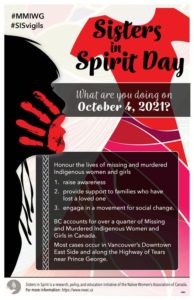
Sisters in Spirit Day
Every October 4, Sisters in Spirit Day brings communities across Canada together to honour the lives of the Missing and Murdered Indigenous Women and Girls, show support for their loved ones, and educate the public on this national tragedy.
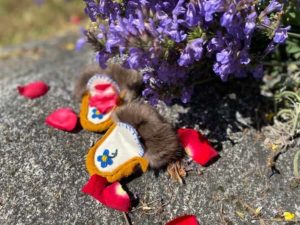
Non-Indigenous people – here’s what you can do, right now
Communities across so-called Canada are grieving after the discovery of the unmarked graves of 215 children at the site of the former Kamloops Indian Residential School. Many Indigenous people are overwhelmed with the tasks of caring for themselves, their families and communities. And many non-Indigenous people are wondering what they can do to help.
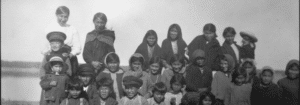
The long history of discrimination against First Nations children
The unequal provision of health and social services for First Nations children has been documented for more than a century. Is this the moment when the wider public will demand action?
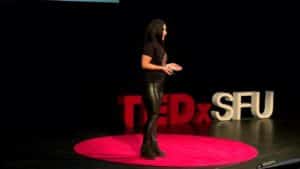
Decolonization & Anti-Racism
In support of UBC’s Indigenous Strategic Plan (ISP) this guide assists in finding and facilitating decolonial & anti-racist research. Here you will find key resources, search strategies, & additional open access information sources.

Racist incidents are on the rise: How to be an active witness
In 2000, after experiencing microaggressions firsthand, Dr. Ishiyama developed the A.R.T (Anti-discrimination Response Training) Program, now in use in schools and organizations across North America. The A.R.T. model describes four levels of witnessing: disengagement or “dis-witnessing”, passive witnessing, active witnessing and ethical witnessing that includes social action and activism, including educating others about social justice issues and the importance of breaking the silence and engaging in active witnessing.
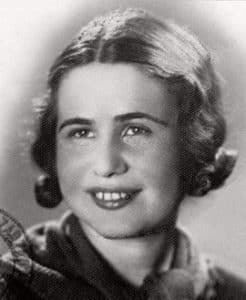
Irena Sendler – A Powerful woman during World WAR 2
During WWII, Irena, got permission to work in the Warsaw ghetto, as a Plumbing/Sewer specialist. She had an ulterior motive. Irena smuggled Jewish infants out in the bottom of the tool box she carried. She also carried a burlap sack in the back of her truck, for larger kids.
